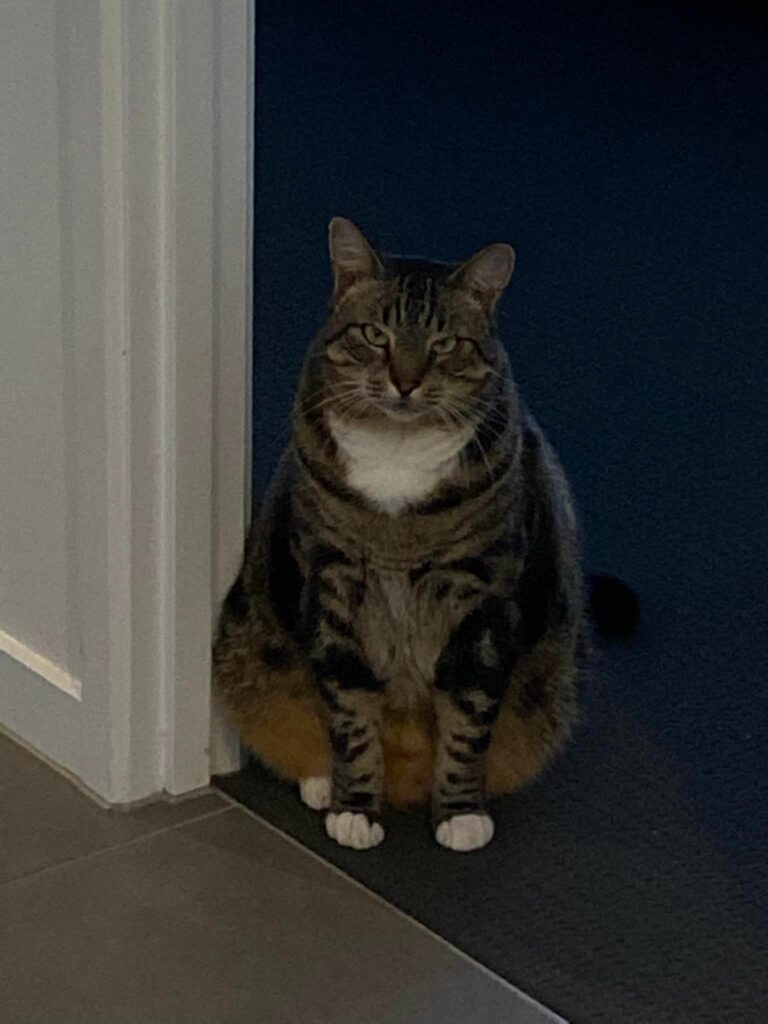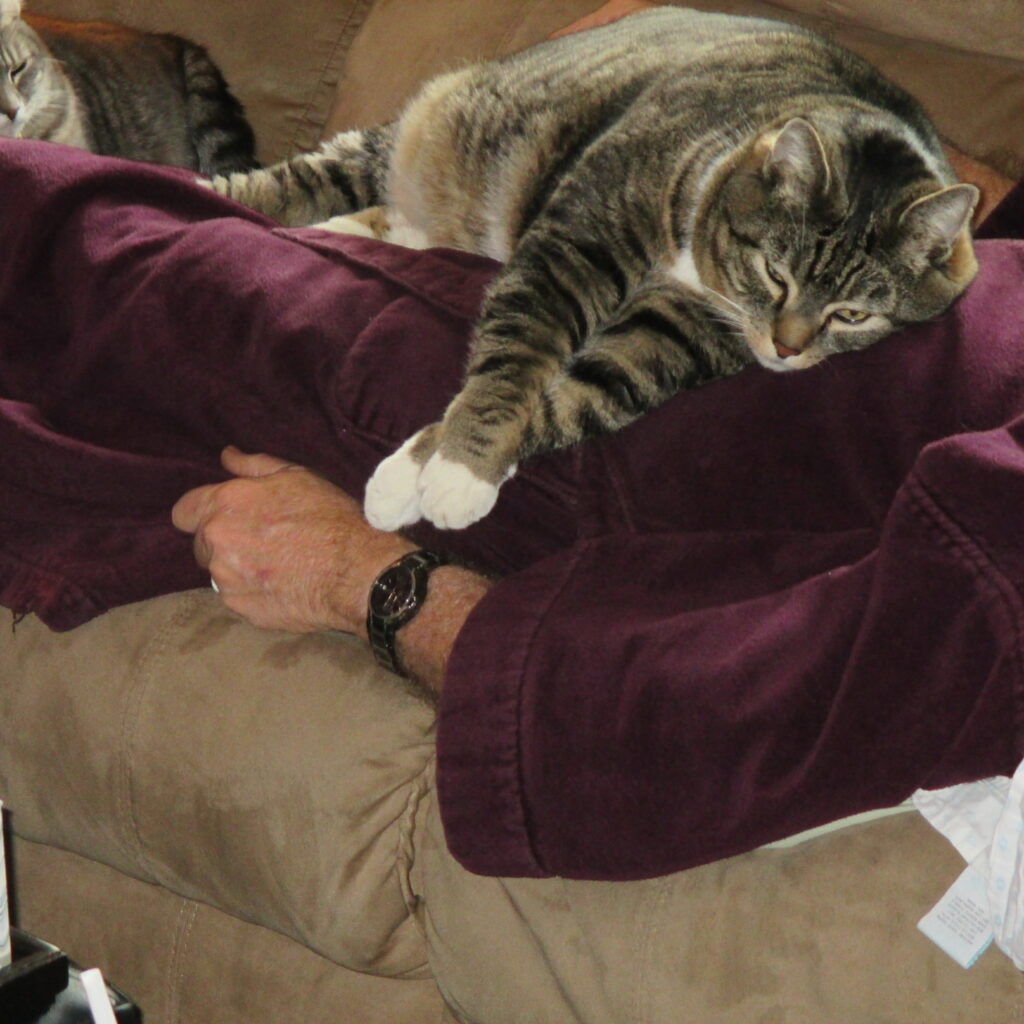As I’ve said many times, I never edit myself as I write. I want to get those ideas down. But then, I need to fix it up. Those evil, weasel words must go.
Writing Tip for Today: Here are some tips for editing out words that don’t pull their weight:
Vague Swamp
Weasel words can be edited out or replaced with more specific words. That’s because weasels are vague, and if we’re not careful, our writing can get pulled into the vague swamp (thanks, JR!). I love this swamp image because it lets me know that I’m being lazy. Like the frog in the pot of water, I often don’t spot the problem until the water’s aboil.
These generalities force your readers to wade through words to get to your meaning, and even then, they’ll struggle. Words such as small, large, very, too, rather or pretty often clog prose with vague descriptions. Aim for specific words. Many times they will be concrete (specific) sensory detail.
Specific words tend to be particular and active. Go for active verbs, particular nouns and modifiers. Pay special attention to the modifiers: if you write two or three modifiers around each noun, the fix may be to find a more particular noun. Then you don’t need modifiers that slow down readers.
Assumed Actions
Weasels can also be unnecessary stage directions. If your character goes into a room, it’s redundant to keep reminding readers where she’s at. When your character addresses another character, you don’t need to tell us that she turned to face him—unless you’ve made a point of her back being to him. If she’s addressing him, we can assume they are looking at each other unless you tell us differently.
If you describe a well-known action, such as leaving for work, ordering in a restaurant or washing dishes, you can safely skip many of the steps involved in a task. For instance, if a character goes to work, we’ll assume that the character opened the car door, got in, started it, etc. Likewise with a restaurant scene: unless ordering food is important to the scene (see Jack Nicholson in the classic film, “Five Easy Pieces”), write that they ordered but skip the various mundane aspects.
Routines in general should be described simply. Unless the point of the scene is a change in the routine, readers will assume the routine (getting up in the morning, going to work) is automatic and frankly, boring. Get to the real purpose of your scene and leave the weasels out.

Get to real purpose of your scene and leave out the weasels.
Go Straight at It
When describing objects, avoid over-precise or over-general descriptions. If you write that the package was two feet three inches by twelve inches, readers will stop to ponder the exact measurement. If you go the other way and say the package was big, readers won’t be able to picture it. Best practice is to compare the object with a well-known item of similar size: the package was as big as a bread box, or the package was the size of a Pomeranian puppy.
Similarly, in dialogue, cut through details which two characters already know about each other. If both characters know the local landscape, you don’t need to have one say, “Gee Fred, I heard you got a job at the Bumbershoot Handle Factory on Main and Elm Street.” A more realistic line might be, “Gee Fred, I heard you got the job down at Bumbershoot.” Characters don’t tell each other things both of them already know.
These edits don’t mean you should never use weasels. Take into account the character’s voice and your own writing voice. A very or a just here and there isn’t going to sink you—write naturally. But be on alert for weasels—my own weakness is that I usually write that I try to do something. Almost always, I end up removing the “try to” phrase. What’s your weasel weakness?






I love this. I’m going to share it with my writer’s critique group. I agree. I must write as it flows out of my mind. The clean-up takes place later. Maybe that’s why it’s called a rough or first draft?
Hi LaDonna,
Yep you have it! As Anne Lamott advises: First you get it down. Then you fix it up.
Keep Writing!
Linda